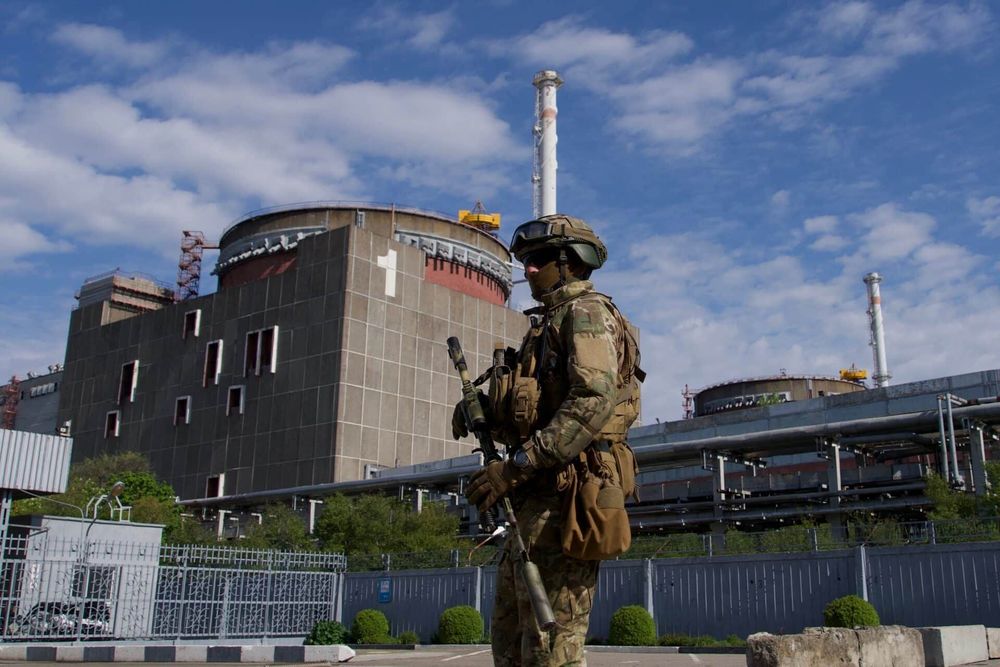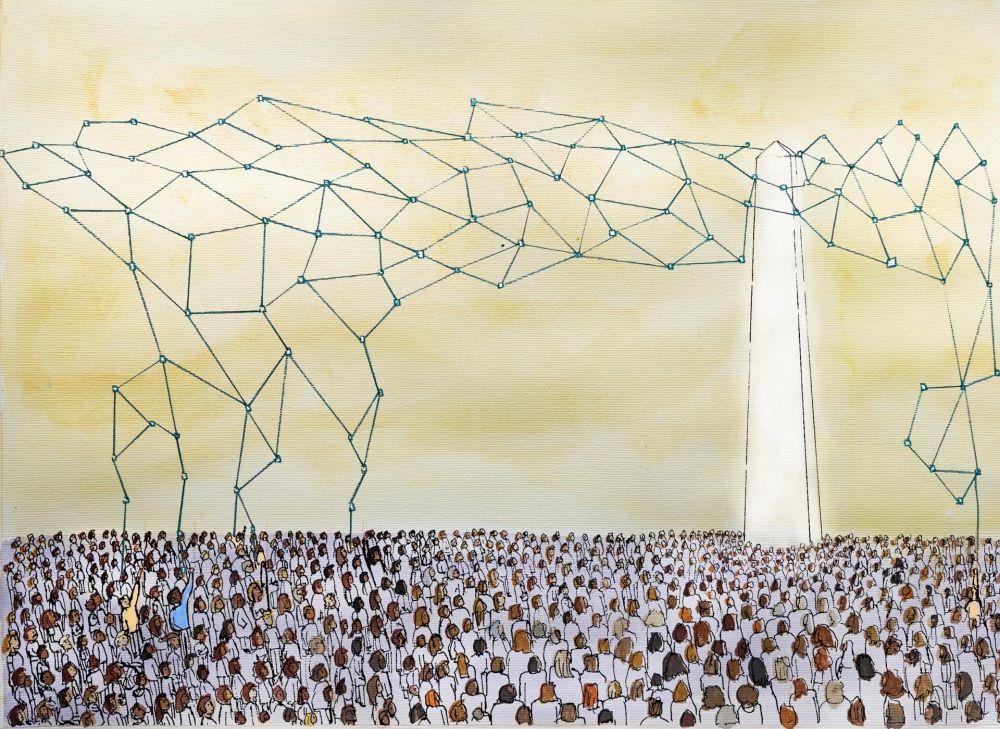Bulletin of the Atomic Scientists
@thebulletin.org
9.4K followers
69 following
640 posts
The best thinking on existential threats since 1945. Nuclear risk, climate change, and disruptive technologies. We set the #DoomsdayClock. thebulletin.org
Posts
Media
Videos
Starter Packs
Reposted by Bulletin of the Atomic Scientists

















